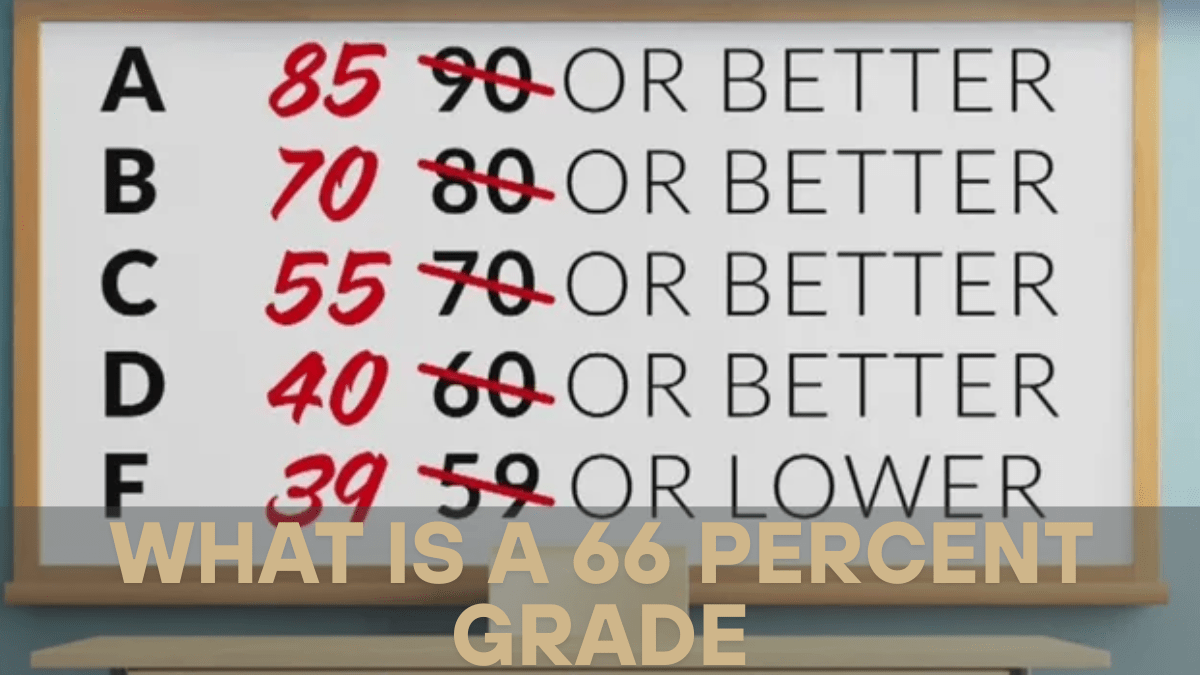Table of Contents
Why do some immigrants not trust higher education? This question is complex and rooted in many different experiences, perspectives, and challenges. Immigrants bring diverse cultural backgrounds and expectations, and the journey to pursue higher education can sometimes feel daunting. By exploring the reasons behind this hesitation, we can understand their unique perspectives and find ways to support immigrant students in achieving their academic goals.
why do some immigrants not trust higher education: Understanding the Historical Context
Why do some immigrants not trust higher education? Historical discrimination in higher education institutions and barriers for undocumented students, like limited access to higher education, contribute to skepticism. Programs like DACA (Deferred Action for Childhood Arrivals) aim to help. However, DACA recipients and DACA beneficiaries still face challenges such as in-state tuition rates access and federal financial aid limitations. These issues persist for undocumented youth striving for a college degree in the United States.
Educational Differences and Trust Issues
Immigrants often come from nations where postsecondary education systems differ. Professionals with foreign college education may struggle with immigration status, affecting their work permit or legal status. Students and families, including undocumented young immigrants, face difficulty with citizenship and immigration services and state financial aid. Access to public and community colleges is critical, but barriers like limited opportunities for undocumented students undermine trust in education as a path to success. more info here: Was Genghis Khan physically strong?
Cultural and Family Expectations
For many immigrant families, cultural beliefs and expectations play a huge role in life choices. Some families may prioritize immediate work or trade skills over formal education, as this path can bring faster financial support. When higher education isn’t seen as essential in their culture, young immigrants may feel pressure to focus on work instead of schooling. This often leads to the question, Why do some immigrants not trust higher education?
Financial Barriers to Higher Education

Why do some immigrants not trust higher education? Higher education is expensive, and financial security is a primary goal for many immigrant families. College tuition, textbooks, and living expenses are significant costs, and many families may worry about going into debt for an uncertain future. Financial barriers create natural obstacles, and some immigrants may hesitate to take risks. Understanding these economic challenges is critical to supporting immigrant students.
Table 1: Typical Annual Tuition Costs by Country
| Country | Average Annual Tuition Cost (USD) |
|---|---|
| United States | $35,000 |
| Canada | $27,000 |
| United Kingdom | $20,000 |
| Germany | $1,500 |
| Australia | $30,000 |
Language and Academic Challenges
Why do some immigrants not trust higher education? Language differences add to the academic challenges faced by many immigrant students. Adapting to higher education can feel overwhelming when English isn’t their first language. Studying a new language requires extra effort, which can create a reluctance to pursue further education. Some immigrants may doubt their ability to succeed academically, which explains why some do not trust higher education as the best option for their future.
Fear of Discrimination and Social Isolation

Entering higher education can be intimidating, especially when students fear discrimination or feel like outsiders. Immigrants often worry about fitting in, especially from different cultural backgrounds. This fear can create a reluctance to pursue academic paths where they think they might not belong. Building supportive communities within educational institutions can lessen these concerns.
Immediate Employment Needs
For many immigrants, work is essential to supporting their families in their new country and back home. The immediate need for income can make higher education less practical, especially when it requires years of study. Many young immigrants need to enter the workforce immediately to support their loved ones, making them reluctant to invest time in education that doesn’t provide an instant return.
Also Read: Exploring Immigrant Reluctance Towards Academic Pursuits
Limited Knowledge About Educational Pathways

In some cases, immigrants need more information on how to pursue higher education in their new country. Higher education is achievable with guidance on applying for financial aid or understanding the benefits of a degree. This lack of awareness is another reason why some immigrants may need to fully trust the system, believing that it is not meant for people like them.
Also Read: Philosophy of Christian Education Anthropology: Image Of God
Concerns Over Employment Outcomes
Higher education promises better jobs, yet students face financial and systemic obstacles. Many undocumented college students, particularly DACA students, endure face this added financial hardship due to work-study program restrictions or financial assistance gaps. The path to a college degree is daunting, especially for those outside the United States who must navigate in-state tuition access. Building trust requires reducing barriers to students’ ability to succeed.
Addressing Financial and Structural Barriers
Programs like American Progress Alone highlight the importance of support for undocumented immigrants in achieving a college education. The Center for American Progress advocates for reforms, ensuring thousands of undocumented young people can thrive. Simplifying immigration processes, offering scholarships, and ensuring fair access to public colleges and universities can make a difference. Inclusive policies for students to access education and building trust opportunities help transform lives and foster equity.
Immigrants’ Education Journey
Many immigrants, including Latino youth, came to the United States as children, pursuing dreams despite limitations. Students experience challenges from programs like DACA and strive to perform well in school amidst uncertainty. Resiliency is key in navigating Department of Education rules or balancing work authorization needs. Ensuring in-state tuition rates, accessible student aid, and inclusion in states and the district fosters trust in higher education as a viable opportunity.
Recommendations for Building Trust
Building trust is essential in creating inclusive and supportive environments, especially in education and community contexts. By addressing systemic barriers, fostering open communication, and providing equitable opportunities, individuals and institutions can create pathways for stronger relationships. Through transparent policies, accessible resources, or empathetic engagement, trust-building efforts can transform experiences and encourage lasting connections.
Also Read: Singapore Business School: Premier Online Business Education
Table 2: Survey Results on Immigrant Trust in Higher Education
| Experience | Percentage of Respondents Expressing Distrust |
|---|---|
| Negative interactions with faculty | 65% |
| Limited access to financial aid | 70% |
| Unrecognized qualifications | 75% |
| Positive campus community | 30% |
These findings illustrate the complex nature of immigrant experiences in higher education, emphasizing the importance of establishing settings where each student feels appreciated and understood.
Understanding why some immigrants do not trust higher education helps reveal the challenges they face and the perspectives they bring. Each reason offers insight into their experiences, from financial worries to cultural values. By addressing these issues, educators and policymakers can create more welcoming and supportive environments encouraging immigrant students to fulfill their aspirations and seek higher education.





